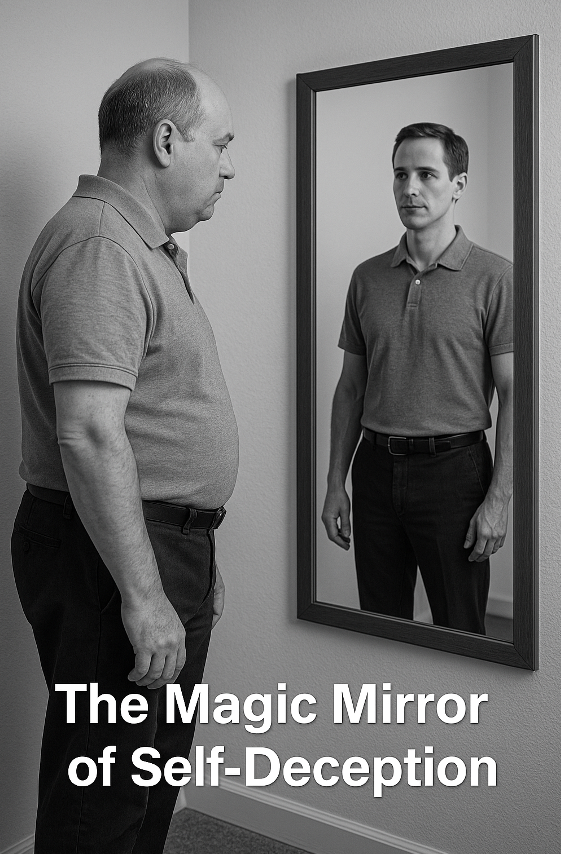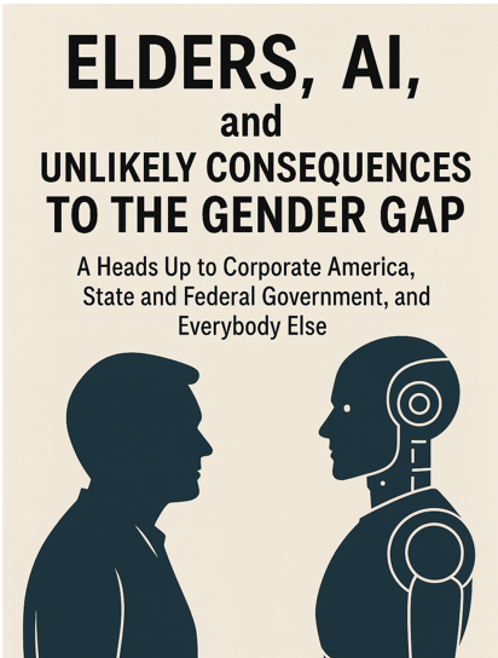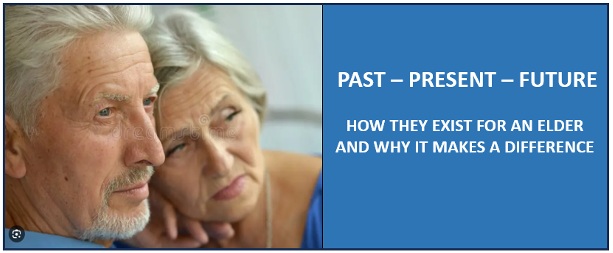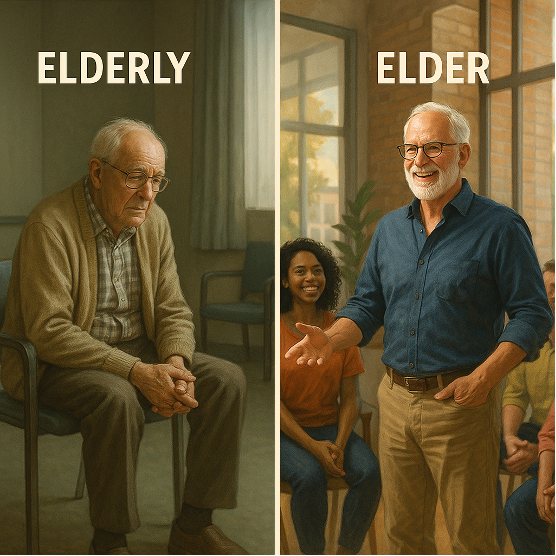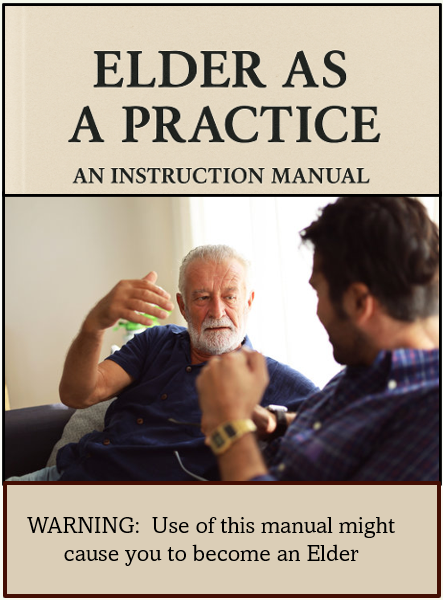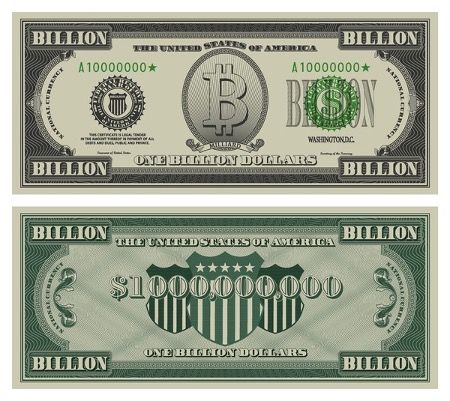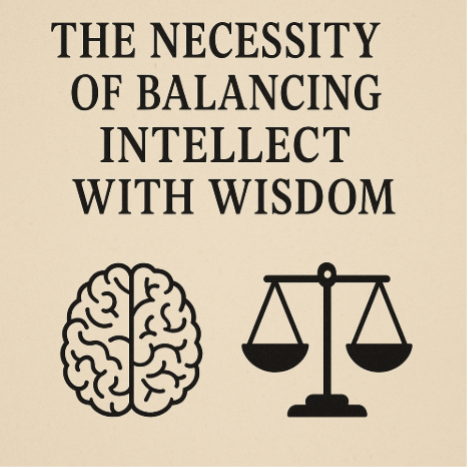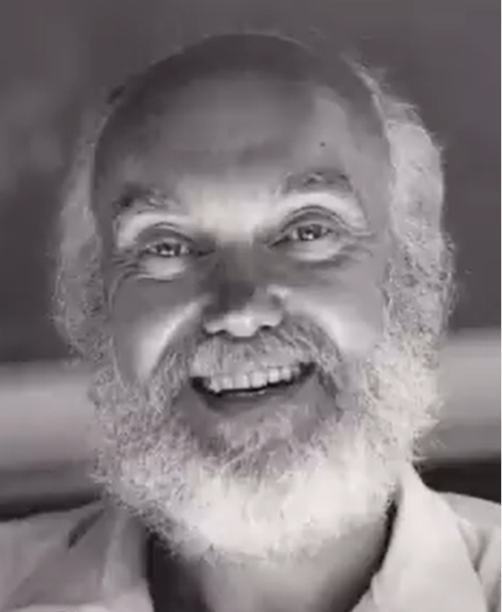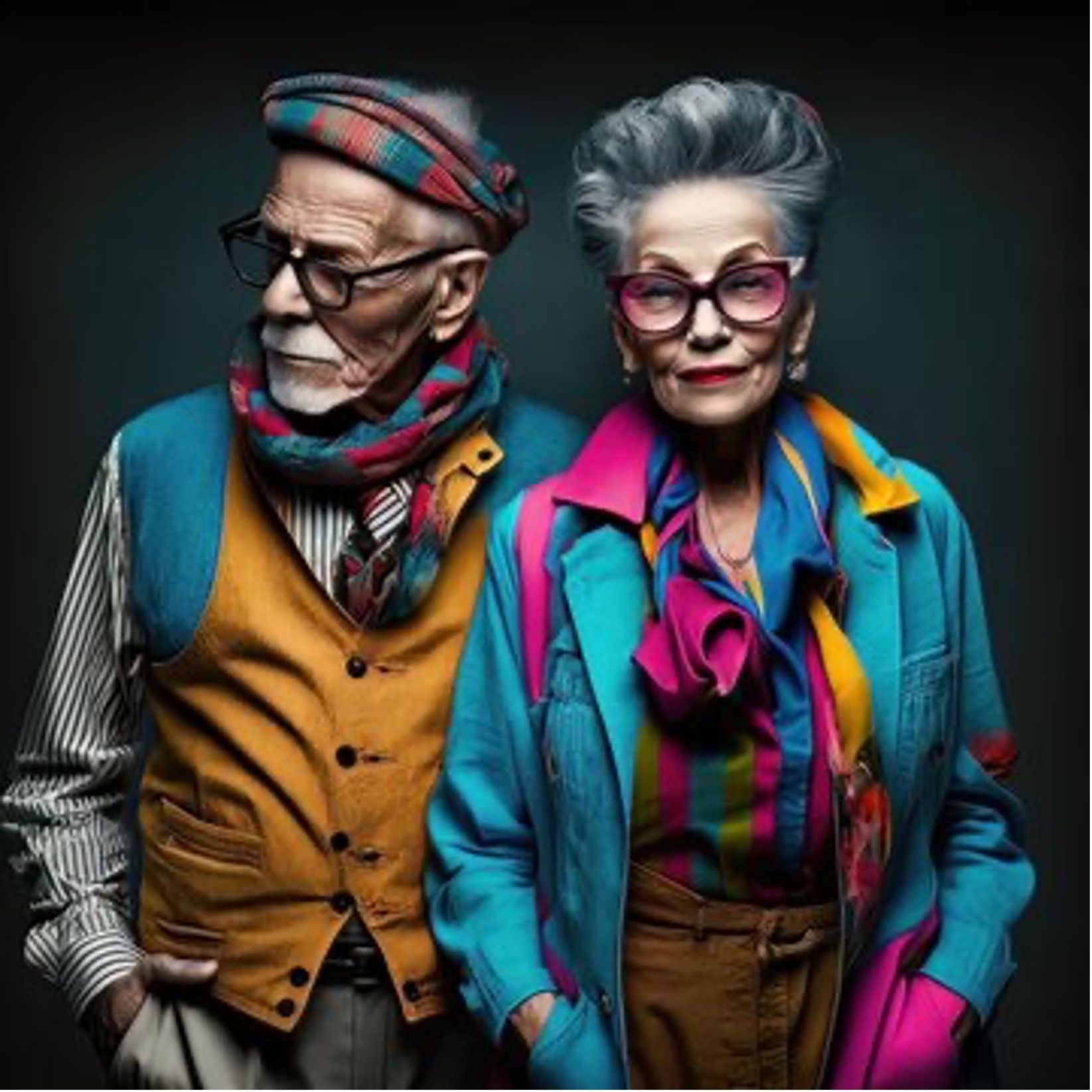Elder, Not Elderly: Redefining Aging for Our Time
Elder, Not Elderly: Redefining Aging for Our Time
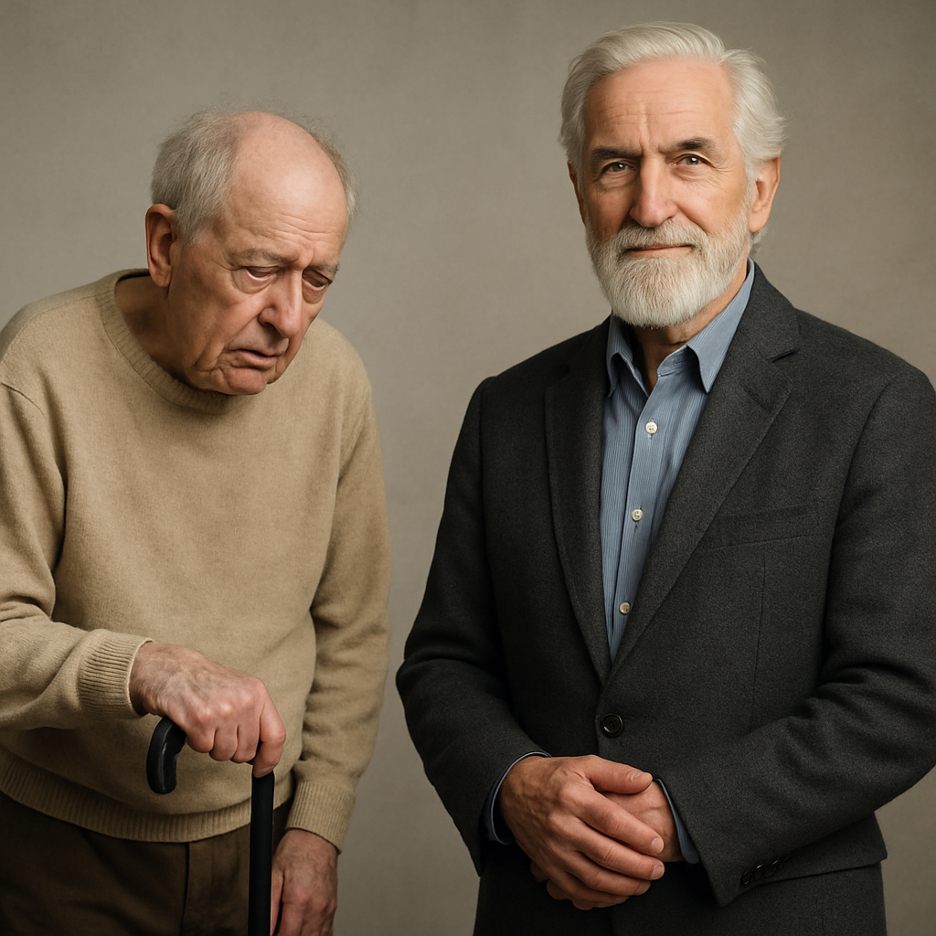
Ancient Wisdom, Modern Relevance: The Contemporary Elder Defined
[A 6-minute read]
Dear Dr. Cooper,
Thank you for accepting our invitation. And thank you for sending us your bio sketch, the links to your websites, and the links to your media interviews.
We ask guests to answer a single question in one thousand words or fewer. We feature their response as a key part of our monthly newsletter, which we send out via MailChimp.
A few of our members have previously read your book, so your name has come up in a few of our online meetings.
We informed our members via email and let them know that you were invited to be a guest post for April’s newsletter. We ask them to visit your website, in your case, your two websites. We also ask them to watch a few of your podcasts or listen to your radio interviews.
Then, on a specific date, we ask them to send us the questions they would like you to answer. We collect their responses and then select the question most frequently asked.
Please answer in approximately 1,000 words.
The question is, “What is a Contemporary Elder?”
Again, thank you for accepting our invitation. I look forward to your response.
Warmly,
Lisa
_________________________________________________________
ELDER NOT ELDERLY
Let's begin with the word Elder first, then work backwards.
Understanding is a function of contrast. You can best comprehend something by comparing it to something else. Without contrast, things remain unclear.
You recognize success because you've experienced failure. On a deeper level, you understand what it means to belong because you've felt the sting of isolation. You grasp the value of love only after your heart's been broken.
It's in these contrasts—raw, lived, existential—that life reveals its deeper meanings. Contrast isn't just a learning tool; it's the lens through which we make sense of our own humanity and the world.
An Exercise in Discovery
Here's what I want you to do. Be a witness to your immediate thoughts. Write them down. Don't edit. Don't try to get them "right." Simply write what comes into your head.
What do you think and feel when you hear the word "Elderly?"
What characteristics, qualities, and emotions do you immediately think of and feel with that word?
Take a moment. Actually do this.
For most people I've asked, responses center on fragility, decline, obsolescence, isolation, dependence, and loss of purpose. The word conjures vulnerability and a life diminished, where age becomes burden rather than blessing.
Now, with the same witnessing approach:
What do you think and feel when you hear the word "Elder?"
What characteristics and qualities do you automatically assign to this word?
Again, pause and notice.
The difference is striking. When people hear "Elder," they respond with words like wisdom, resilience, purpose, and guidance. It evokes respect, strength, and clarity—a noble life lived with intention and insight.
Words Matter. Thoughts Are Words.
Which word would you choose to live your life out of? Elderly or Elder?
By doing this exercise, you discover that "Elderly" and "Elder" reside in completely different contexts.
The Elderly context carries the weight of being frail, outdated, and in need of assistance. It allows our culture to sidestep the complexities of aging
and focus only on physical and mental decline. The Elderly road sign says, "Dead End Ahead."
The Elderly label gets attached by age—when you reach a certain number, the culture tags you. And you don't get to decide when that happens; society decides for you. What's been tightly fastened to "Elderly" are unspoken assumptions that you've reached the end of the line. It's passive, often accompanied by pity, which leads directly to being sidelined.
Elder is an out-of-the-box phenomenon.
Unlike "Elderly," Elder carries gravitas. It generates respect because it embodies a well-lived, wise, and conscious life. An Elder isn't defined by body age—they're defined by mind, heart, and spirit, the culmination of years spent living with intention, contemplation, and reflection.
If Elderly is horizontal, Elder is vertical.
The Elder's Understanding
Elders have come to understand their deepest level of humanity. They recognize their higher purpose and comprehend the underlying reasons why the world and people behave as they do.
They have shifted:
- From conventional wisdom to higher wisdom
- From competitive nature to compassionate nature
- From thinking about individual events to understanding the interrelatedness of all things
Elders come to know that impermanence is steadfast and unfailing.
In essence: "Elderly" is a word wrapped in the context of decline; "Elder" is a word woven in the context of leadership, wisdom, and contribution.
The first is an age, the second is a role.
The Contemporary Challenge
The primary challenge for an Elder today is adapting to and acting powerfully within our current culture—a culture that has completely collapsed the distinction between Elder and Elderly.
A Contemporary Elder explores how they need to be in the world to be welcomed and heard as sages in this culture. Their inquiry: "Who do I need to be, that I am now not being, to be seen and heard as an Elder?"
What Makes an Elder "Contemporary"
Contemporary refers to something that exists in the present time, in sync with current trends, ideas, and practices. It means "happening now."
So how can Elders be seen and welcomed as the sages of our day?
A Contemporary Elder must deeply internalize ancient wisdom—those time-tested truths about life, death, and human nature—and fully embrace them in daily life. This higher wisdom doesn't just inform their thinking; it shapes how they live and interact with the world.
Living as an Elder creates the capacity to speak and listen with profound insight. This lived experience of higher wisdom creates a presence of trust, a depth of understanding, and a way of listening that invites others to connect, reflect, and grow.
Being a Contemporary Elder means being an Elder for this time, this place, this moment in history, in this American culture. It's about discovering how to make ancient truths resonate in our fast-paced, fragmented, anxiety-producing, and uncertain Western world.
The Path Forward
The first step in becoming a Contemporary Elder is breaking free from the confines of being and living the label "Elderly."
Those on this path learn another way of thinking and being that transcends cultural stereotypes and imposed societal limitations. They embrace a path leading to self-understanding, self-empowerment, clarity, and purpose—a path no longer defined by age, but by the wisdom and influence they carry.
Contemporary Elders recognize that living from profound wisdom and higher consciousness transforms their experience of growing old. They discover a life with purpose and deeper connection and appreciation for the world around them.
Contemporary Elders take ancient wisdom and adapt it for modern life. They make timeless truths practical, relevant, and actionable, without watering them down. They speak in today's language while maintaining the principles that have grounded humanity for millennia.
Being a Contemporary Elder is not about getting older. It's about growing wiser. And using that wisdom to put the brakes on a culture that feels like it's heading toward the cliff.
Your turn: Which context will you choose to inhabit as you move through the last third of your life? The answer to that question will determine everything about how you experience these years—and how the world experiences you.

CEI Company - www.requestingwisdom.com
Author/Book - www.drmarcbcooper.com
LinkedIn - www.linkedin.com/in/drmarcbcooper/
Substack - https://drmarcbcooper.substack.com/
